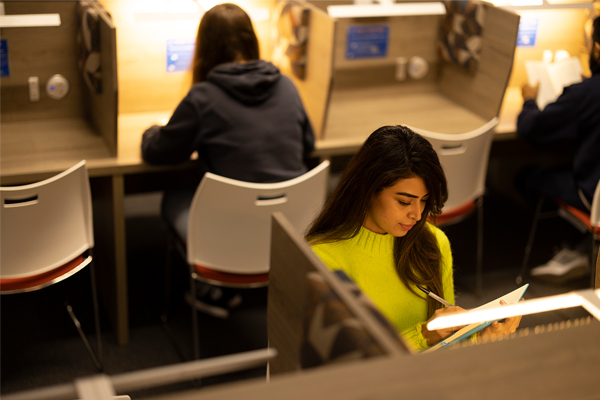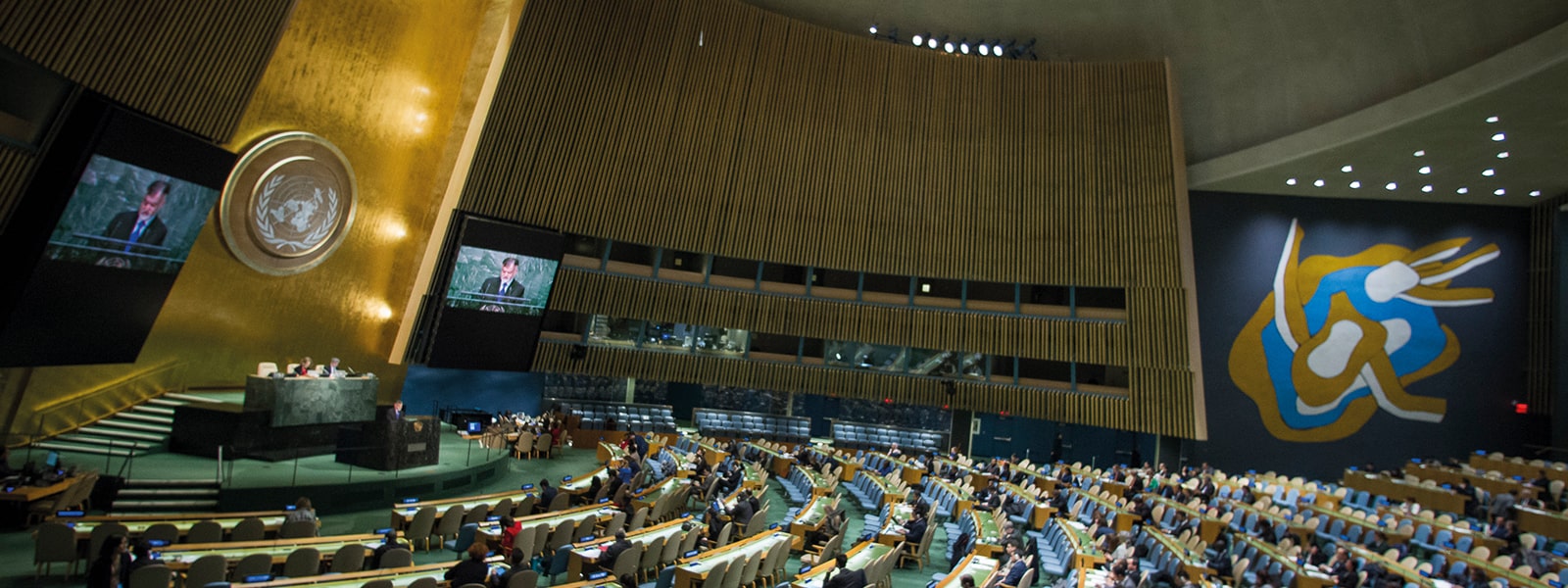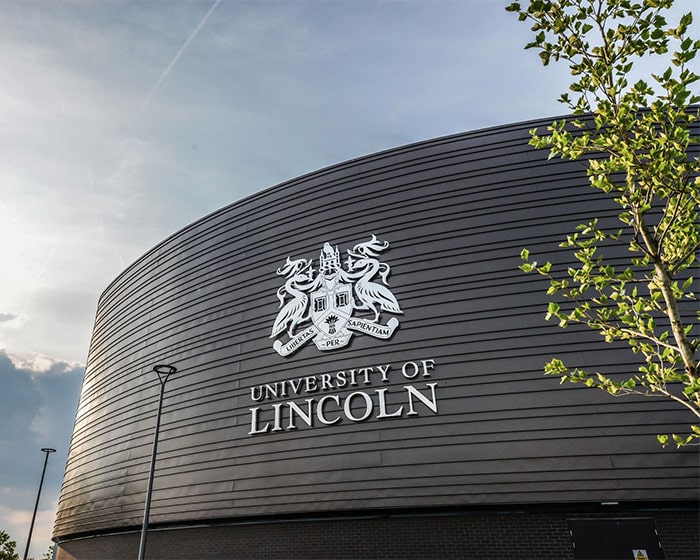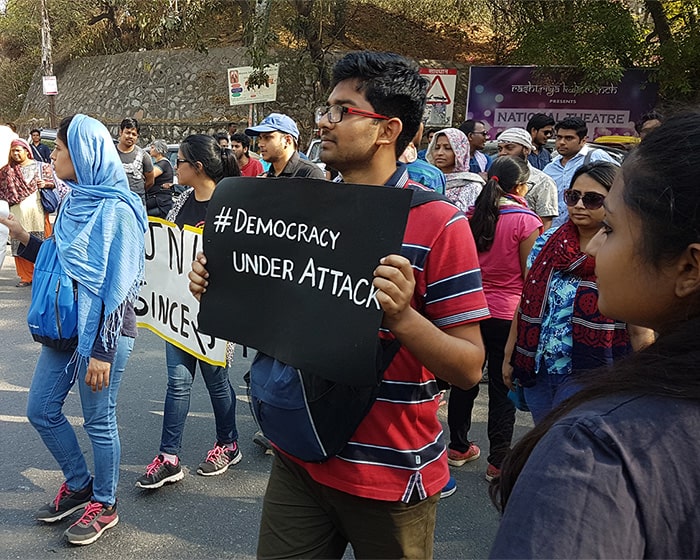A research proposal is a project outline identifying what you want to study, why you want to investigate this area, and how you intend to conduct the research. You are not expected to be the expert, but you will need to demonstrate a sound knowledge of the subject and where your research will make a valuable contribution to the topic.
Remember that your proposal is the starting point of your research. It is normal for your ideas to evolve and develop, and for plans to change as you engage more deeply with the literature and begin working with your supervision team.
Length of Proposal
For a PhD your proposal should be 3,000 (excluding references). A Master’s by Research requires a proposal of around 1,500 words.
Structuring Your Research Proposal
There isn’t a prescribed format for the structure of a research proposal but the following section headings are generally considered to be important:
Working Title
A clear and succinct description of your research should be encapsulated in the title. Although this may not be the title of your final thesis, your proposal title should give a clear indication of the area you are interested in exploring.
Introduction
The introduction should set the context, explaining what you will research, why it is of value, and how you propose to conduct your research. The introduction is your opportunity to demonstrate that your proposed research can make a significant contribution to existing bodies of literature, detailing how your research will fill a gap or develop/complete findings from previous research. Overall, you will be expected to show that you have a good knowledge of the wider context in which your research belongs and that you have awareness of methodologies, theories, and conflicting evidence in your chosen field.
Overview of Your Research
You should provide a short overview of your research and where it fits in existing academic discourses, debates, or literature. This should also cover your research objectives, why the research is needed, and what original contribution it can make. Make sure your overview is intelligible to someone who is not a specialist in this field
Literature Review
You won’t have had chance to review all the relevant literature at this stage, but you should be able to incorporate the major debates and issues, demonstrating that you understand your chosen field. Show how your research is original and how it will address the gaps in current knowledge. The conclusion of the review should include a statement of your research problem or question.
Methodology
Your methodology section should detail how you will conduct your research and consider the following:
- Methods of data collection and analysis
- How you will access and recruit participants (if relevant)
- Number of participants to be included (if relevant)
- Ethical implications of your work
- Any potential problems and challenges with your proposed methods and how these might be overcome.
Timescales
You should provide a clear plan of how you will carry out the research from start to finish, breaking it down into the main components of the research project and identifying what you expect to do in each year of your studies. For a PhD, the maximum time you have from enrolment to submission is 48 months for a full-time student and 72 months for a part-time student. For a Master’s by Research, the maximum time allowed is 16 months full-time and 24 months part-time
Top Tips for a Good Research Proposal
- Have a clearly stated research idea, question, or problem and be persuasive
- Demonstrate how it is addressing a gap in the current knowledge and research
- Develop a well-structured proposal (poorly formed or rambling proposals may raise concerns that the thesis could be the same)
- Be reasonable and realistic in terms of scope
- Show passion for the topic
- Refine and edit your proposal before it is submitted
- Make sure there are no spelling or grammatical errors
- Leave the reader interested, excited, and wanting to know more
- Demonstrate an understanding of research methods and research approaches and be clear that these are appropriate for your research question(s)
- Refrain from using discipline-specific jargon unless it is absolutely necessary to communicating your idea effectively








